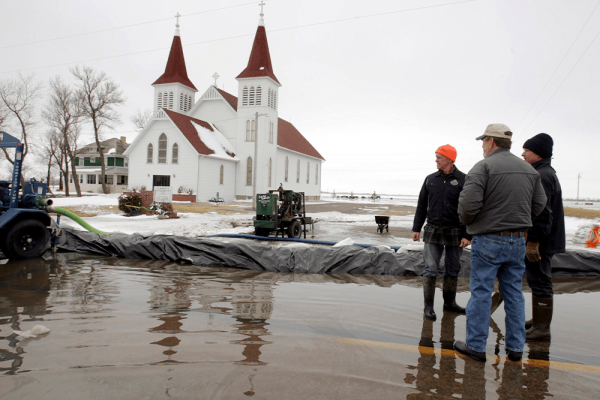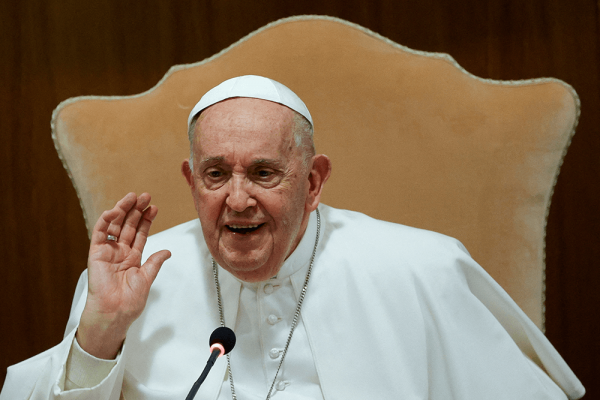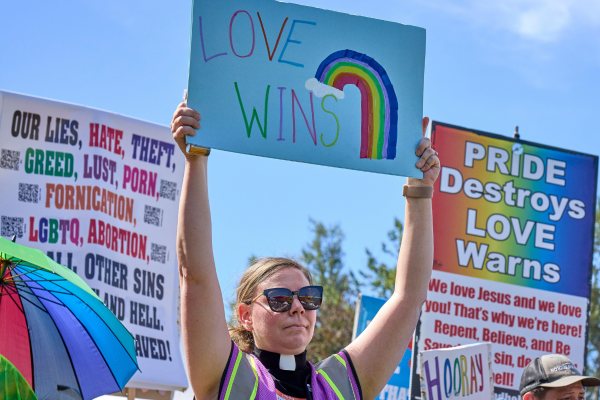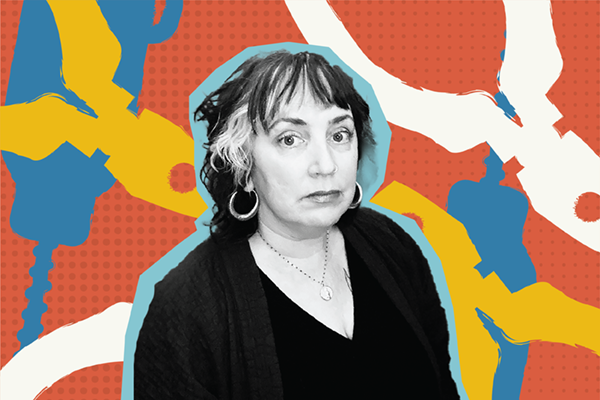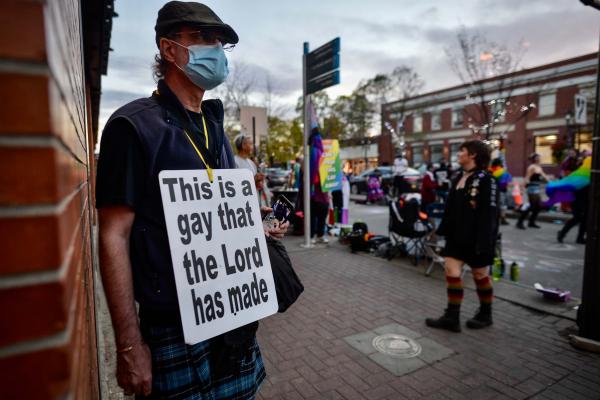In every U.S. congregation, there are likely people experiencing grief, fear, or anger on behalf of creation. Most Americans now know that the climate is changing; according to recent surveys, a majority now also feel some level of climate-related stress or anxiety. But when terms like “climate grief” and “eco-anxiety” show up in the news, stories often point people toward individual behavior changes or activism, according to a recent study in the journal Environmental Research: Health. Missing from the conversation is the spiritual dimension of the climate crisis and the role that faith communities can play.
Sports and human rights organizations have called on International Olympic Committee president Thomas Bach to help overturn a ban on French athletes wearing the hijab, saying it undermines celebrations of the first gender-equal Olympics.
The pope has again used a highly disparaging word against gay people for which he had already apologized last month, ANSA news agency said on Tuesday.
I won’t impose my 21st-century language or conceptions on this person, and say that he was trans, non-binary, gender non-conforming, or queer, but it’s clear that he did not conform to the social understanding of gender binaries or sex in the ancient Greco-Roman or Jewish world. There’s no getting around that. He was also from one of the farthest-off places early Christian disciples had heard of. The Ethiopian in this text is likely not from the Ethiopia that we know today, and instead is likely from a place called Kush that today is now part of South Sudan.
Heading into an election year, directors Amanda McBaine and Jesse Moss knew the importance of chronicling how young people, especially young women, are working through political disillusionment. The directors follow up their 2020 release of Boys State with a “sibling” documentary in 2024’s Girls State, which follows the week-long experience of 500 high school girls who gather for a mock-government camp in Missouri.
Many faith leaders expressed deep disappointment at the announcement. While they agree something needs to be done about increased numbers at the border, they told Sojourners that Biden’s unilateral actions are the wrong approach. They also expect the executive order to be struck down in the courts.
"A lot of psychologists, sociologists, and theologians talk about the fact that forgiveness is really for the forgiver and not the person being forgiven. But that’s not true in a lot of our American narratives [where] forgiveness is actually for the person who did the wrong, so they can be “healed.” We’ve lost the victims in that conversation."
Latinos do not always support candidates with progressive immigration policies — including policies that expand legal pathways to citizenship, enforce fewer penalties for those who immigrate without documentation, or end sanctions that devastate economies and fuel immigration. Experts and members of the community say Latinos of faith, with or without an immigration background, can feel torn between theologies that emphasize respect for the rule of law, a cultural emphasis on the family, allegiances to denominations that encourage support for conservative candidates, and their own personal trajectories.
Queer people of faith have always existed. We are here, existing now, and we will continue to exist well into the future.
I felt a sense of somber relief when I learned former President Donald J. Trump had been found guilty of 34 felony charges. Somber: It’s a sad moment when a former president is convicted of falsifying business records to cover up an alleged sexual encounter that could have hurt his presidential campaign in 2016 — a verdict that will inflame the deep divisions in our nation. Relief: This is a victory for the United States’ constitutional commitment that no one, not even a former president, is above the law.
